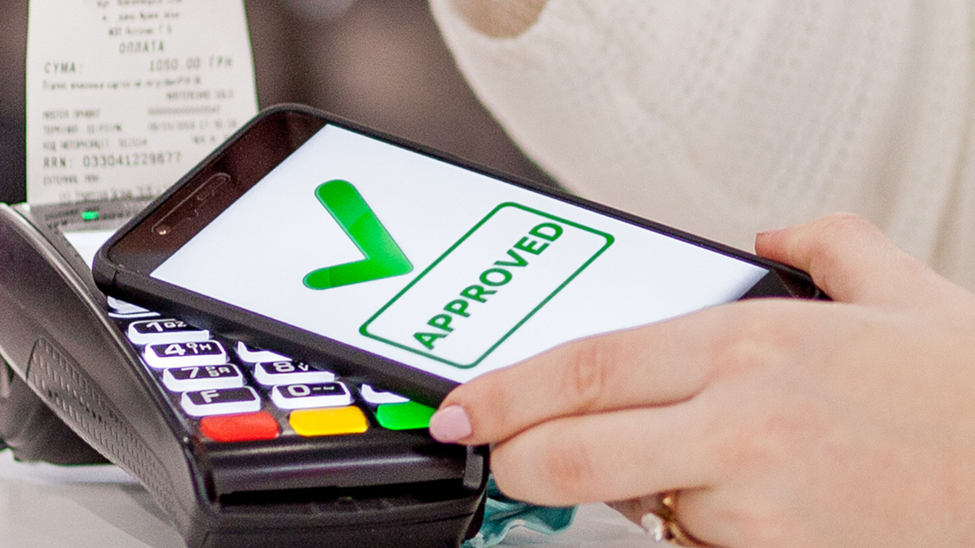Credit card processing has seen a major transformation over the past few decades, evolving from manual imprint machines to advanced digital payment solutions. The rise of contactless payments, artificial intelligence (AI), and blockchain technology is significantly reshaping how businesses and consumers handle transactions.
As digital transformation accelerates, businesses must adapt to new trends and regulations to stay competitive. BizPayPros specializes in helping businesses navigate these changes by providing optimized merchant processing solutions tailored for them.
The Evolution of Credit Card Processing
From Manual Imprint Machines to EMV Chips
In the early days, credit card transactions were processed manually using imprint machines, commonly known as “knuckle busters.” The introduction of magnetic stripe technology in the 1970s revolutionized the industry, followed by the development of EMV chip cards to enhance security and reduce fraud.
The Rise of Contactless Payments and Mobile Wallets
The adoption of tap-to-pay technology has surged, especially after the COVID-19 pandemic accelerated the demand for contactless transactions. Apple Pay, Google Pay, and Samsung Pay have gained traction, allowing customers to complete purchases using their smartphones without physical cards.
AI and Machine Learning in Fraud Prevention
As credit card fraud becomes more sophisticated, financial institutions and payment processors are leveraging AI-driven solutions to detect and prevent unauthorized transactions. Machine learning algorithms analyze purchasing behaviors and flag anomalies in real-time, enhancing security and reducing chargebacks.
Key Trends Shaping the Future of Credit Card Processing
1. The Growth of Contactless and Mobile Payments
With NFC (Near Field Communication) technology improving, more businesses and consumers are embracing tap-to-pay solutions. The demand for faster, more secure transactions is pushing businesses to upgrade their payment terminals to support contactless payments.
2. Cryptocurrency and Blockchain-Based Transactions
Cryptocurrency adoption is growing, with businesses exploring blockchain-based payment solutions. While Bitcoin and Ethereum are still volatile, stablecoins and central bank digital currencies (CBDCs) may play a role in mainstream credit card processing.
3. AI-Driven Fraud Prevention
AI-powered fraud detection tools are becoming more effective at reducing identity theft and fraudulent chargebacks. Businesses can leverage these tools to protect customer data and ensure compliance with regulatory standards.
4. Real-Time Payments and Instant Fund Settlements
Traditional credit card processing involves settlement delays of one to three business days. The future of payments is shifting toward real-time transactions, allowing merchants to receive funds instantly and improve cash flow management.
Regulatory Changes and Compliance in Credit Card Processing
PCI DSS Compliance and Security Standards
The Payment Card Industry Data Security Standard (PCI DSS) continues to evolve, requiring businesses to implement stringent security measures. Upgraded encryption protocols, tokenization, and biometric authentication are becoming standard.
New Regulations on Data Privacy
Governments worldwide are tightening data privacy laws, affecting how credit card information is stored and processed. Regulations like GDPR (General Data Protection Regulation) and CCPA (California Consumer Privacy Act) emphasize consumer rights and data protection.
Reducing Processing Costs While Staying Compliant
Businesses must balance compliance requirements with cost efficiency. BizPayPros helps businesses find the best merchant processing solutions that align with regulatory standards while minimizing expenses.
The Rise of Alternative Payment Solutions
Buy Now, Pay Later (BNPL)
The BNPL market is expanding, offering consumers flexible financing options for purchases. Companies like Affirm, Klarna, and Afterpay have disrupted traditional credit card financing by providing interest-free installment plans.
Digital Wallets and Peer-to-Peer (P2P) Payments
Digital wallets and P2P payment systems, such as Venmo, Zelle, and Cash App, are changing the way consumers and businesses transfer money. These platforms integrate seamlessly with credit card processing, offering greater convenience.
Merchant Service Providers Beyond Traditional Banks
Businesses are increasingly exploring independent merchant service providers that offer competitive rates, better customer support, and advanced payment solutions. BizPayPros provides tailored payment processing services that prioritize cost savings and operational efficiency.
How Businesses Can Prepare for the Future of Payments
- Adopt Flexible Payment Solutions: Ensure payment terminals support contactless, mobile, and alternative payment methods.
- Choose the Right Merchant Service Provider: Partnering with a provider that offers lower fees and enhanced security is critical.
- Enhance Cybersecurity Measures: Invest in tokenization, encryption, and AI-driven fraud detection to protect customer transactions.
- Monitor Industry Trends: Staying informed about emerging payment technologies helps businesses remain competitive.
How BizPayPros Supports Businesses in the Changing Landscape
As credit card processing evolves, businesses need a partner that can adapt to new technologies and regulatory changes. BizPayPros provides:
- Cost-effective merchant processing solutions tailored to business needs
- Seamless payment integrations for online and in-store transactions
- Ongoing support and compliance guidance to help businesses navigate industry regulations
Conclusion
The future of credit card processing is shaped by advancements in contactless payments, AI-driven security, blockchain technology, and real-time transactions. Businesses must remain proactive in adopting these innovations to enhance security, improve customer experiences, and reduce costs.
By partnering with BizPayPros, businesses can access customized payment solutions, lower processing fees, and expert guidance to stay ahead in the evolving payment industry.
Frequently Asked Questions (FAQs)
1. How is AI improving credit card processing?
AI enhances security by detecting fraud in real-time, analyzing transaction patterns, and automating risk assessments.
2. Will cryptocurrency replace traditional credit card payments?
While cryptocurrency is growing, it is unlikely to replace credit cards entirely. However, stablecoins and blockchain-based transactions may become more common.
3. What are the benefits of using a merchant service provider instead of a bank?
Merchant service providers often offer lower transaction fees, better customer support, and more flexible payment options.
4. How can businesses reduce credit card processing fees?
Choosing a competitive merchant service provider, negotiating better rates, and using cost-effective payment methods can help reduce fees.
5. What steps should businesses take to prepare for future payment trends?
Businesses should invest in secure, flexible payment solutions, stay informed about industry changes, and partner with a knowledgeable merchant services provider like BizPayPros.



